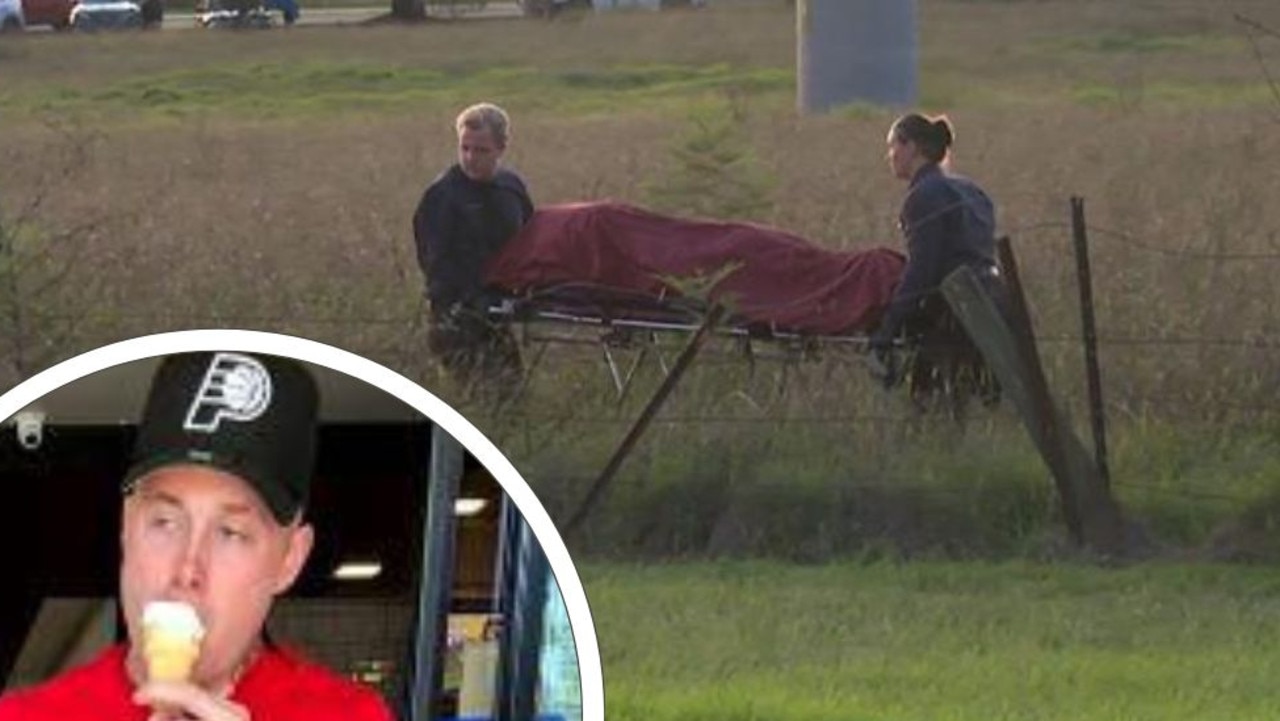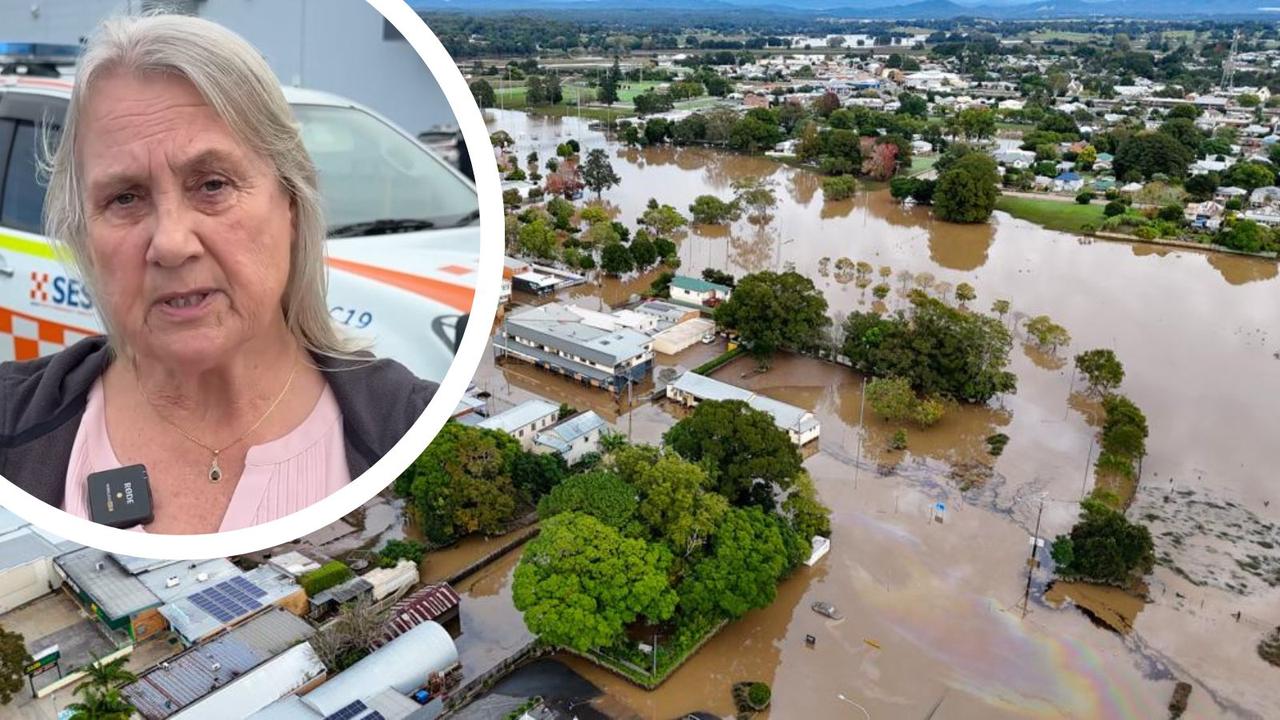Ten lifesaving shark ‘listening stations’ for NSW coastline this summer
TEN lifesaving shark “listening stations” will be installed along the state’s coastal waters to prevent attacks this summer.
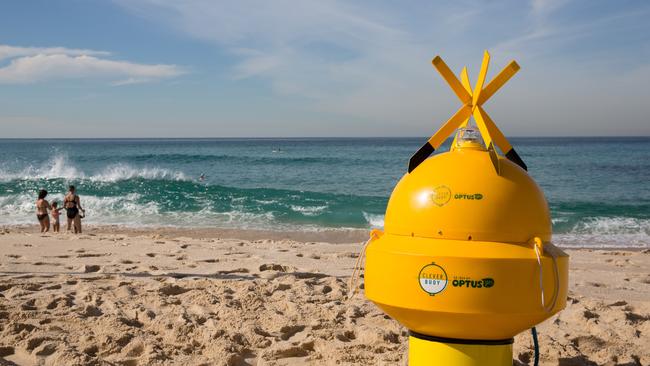
NSW
Don't miss out on the headlines from NSW. Followed categories will be added to My News.
TEN lifesaving shark “listening stations” will be installed along the state’s coastal waters to prevent attacks this summer.
The devices detect a shark when it swims within 500m, prompting immediate mobile and social media updates of its whereabouts, as long as the creature has been tagged.
They form the next stage in the Baird government’s $16 million shark package, prompted by a spate of horrific attacks in the past year.
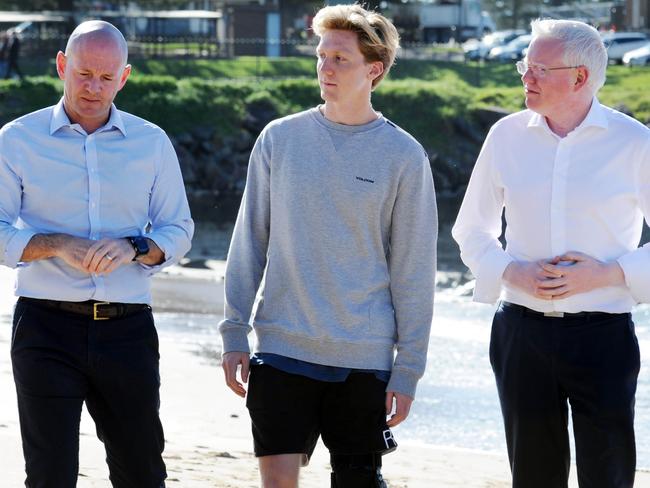
Minister for Primary Industries Lands and Water Niall Blair announced yesterday the 10 new units would be in the water by summer.
“When it comes to preventing shark attacks we need to give beachgoers better information and the fact listening stations provide real time information of shark’s movements means people can make decisions before getting into the water,” Mr Blair said.
“Listening stations will be located up and down the state’s coast and are just one of the emerging technologies we are using to better detect and deter sharks on the NSW Coast.”
There are already 10 listening stations dotted along the state’s coast between the northern border and Forster.
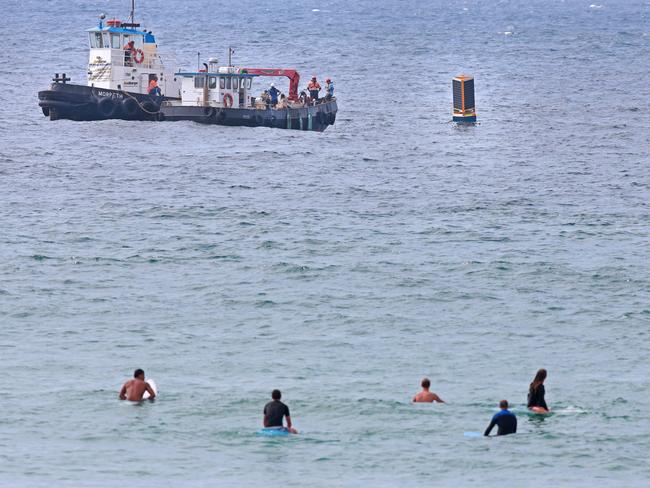
The new devices will be between Crescent Head near Port Macquarie and Merimbula, in the state’s far south, including at famous Bondi and at Kiama, next to Bombo Beach where 23-year-old Brett Connellan lost a chunk of his thigh in an attack in April.
The other new stations will be at Old Bar, Hawks Nest, Redhead, Sussex Inlet, Mollymook and Batemans Bay.
Once a tagged shark is identified using 4G, satellite and acoustic technology, an alert is sent out via the @NSWSharkSmart Twitter account and through the government’s Shark Smart App.
The government and CSRIO have tagged 117 sharks so far but the stations will also pick up those tagged in other states or overseas.
Coastal engineers and local surf lifesaving clubs will be consulted about exactly where to place stations.
Other safety measures delivered in the package include aerial patrols, increasing in summer to identify sharks for tagging and warnings, drum lines, and community education programs.


